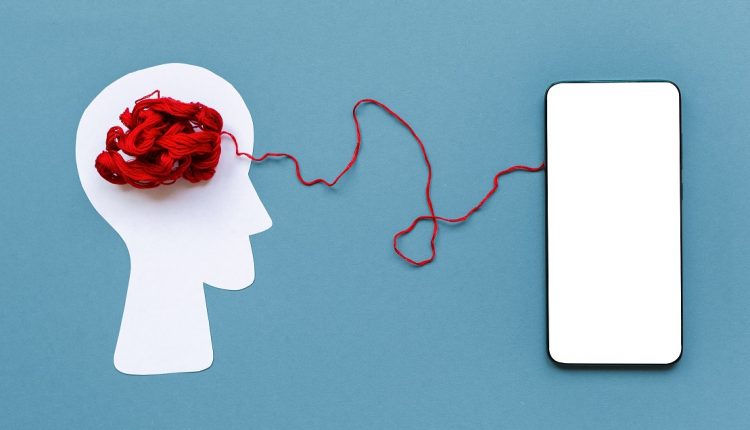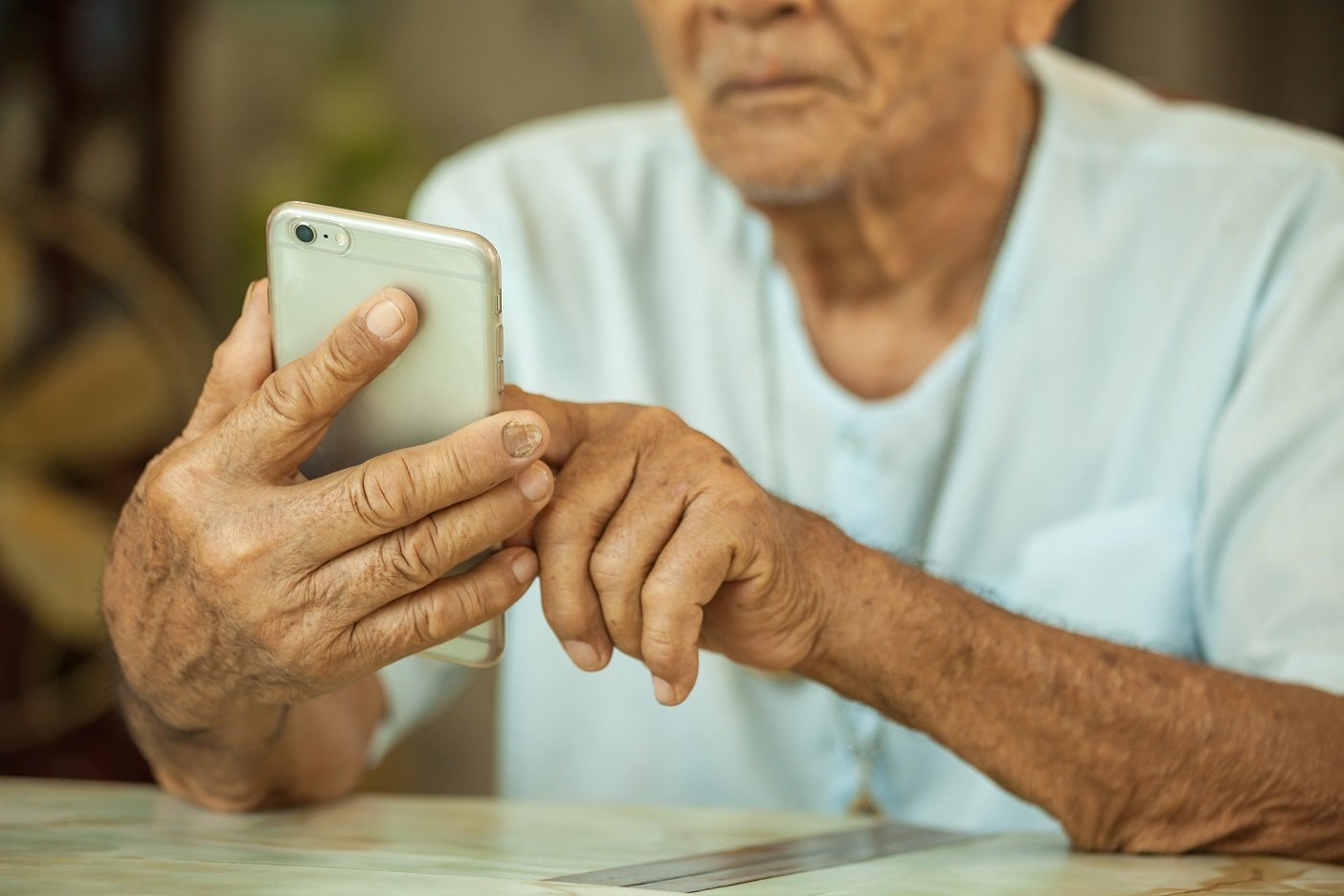
Best Tracking Apps for Alzheimer’s and Dementia Patients
Patients and caregivers with Alzheimer’s disease and dementia face numerous challenges, including memory loss, confusion, and difficulty completing daily tasks. These challenges have led to the development of innovative solutions to support individuals living with these conditions. This article will delve into tracking apps, often referred to as Alzheimer’s apps, specifically designed to cater to the needs of Alzheimer’s and dementia patients. We will explore the benefits of these apps, including their role in providing valuable support and facilitating Alzheimer’s tests for cognitive assessment.
Contents
- 1 The Role of Tracking Apps in Alzheimer’s and Dementia Care
- 2 Cognitive Assessment and Monitoring
- 3 Medication and Appointment Reminders
- 4 Location Tracking and Safety Features
- 5 Daily Routine and Task Management
- 6 Cognitive Stimulation and Engagement
- 7 Caregiver Support and Communication
- 8 Alzheimer’s Apps: Best Tools for Patients and Caregivers
The Role of Tracking Apps in Alzheimer’s and Dementia Care
Alzheimer’s apps and tracking apps offer specific features and functionalities designed to support individuals who have dementia or Alzheimer’s. Monitoring cognitive decline, engaging patients in stimulating activities, ensuring safety, and facilitating communication between patients and caregivers are all possible with these apps. Using smartphones and wearable devices, these Alzheimer’s apps and tracking apps offer a variety of tools to improve quality of life. Alzheimer’s tests and tracking apps offer the following benefits:
Cognitive Assessment and Monitoring
Tracking apps designed for Alzheimer’s and dementia patients offer a crucial feature of conducting cognitive assessments and monitoring changes over time. These apps include built-in tests that evaluate memory, attention, language, and other cognitive abilities. Users can track their performance and share the results with healthcare professionals, enabling timely interventions and personalized care plans. Alzheimer’s apps and tracking apps serve as valuable tools for patients and caregivers, facilitating the management and understanding of cognitive decline.

Medication and Appointment Reminders
Attending appointments and adhering to medication schedules can be challenging for individuals with Alzheimer’s or dementia. Some tracking apps serve as a reliable reminder for patients to keep up with medical appointments and take medications on time. To enhance effectiveness, these reminders can include alarm notifications, visual cues, and even voice prompts.
Location Tracking and Safety Features
Alzheimer’s and dementia patients may wander and become disoriented, which makes their safety a top concern. GPS technology is often used in tracking apps for Alzheimer’s to help caregivers locate their loved ones. The app may also include geofencing functionality, which alerts caregivers when the patient wanders outside designated areas. In addition to providing peace of mind, these safety features also help prevent potentially dangerous situations.
Daily Routine and Task Management
Structured daily routines reduce confusion and anxiety in individuals suffering from Alzheimer’s or dementia. Tracking apps can help you stay on top of daily tasks by reminding you to do important activities like eating, brushing your teeth, and exercising. For added clarity, these reminders can be customized according to individual preferences and can be accompanied by visual cues and step-by-step instructions.
Cognitive Stimulation and Engagement
Cognitive decline can be slowed for dementia and Alzheimer’s patients through mentally stimulating activities. Several tracking apps offer interactive games, puzzles, and memory exercises that stimulate the mind. In addition, Individuals can customize these activities to fit their cognitive abilities, providing a sense of accomplishment and enjoyment.
Caregiver Support and Communication
Besides benefiting patients, tracking apps offer caregivers valuable support as well. In some apps, caregivers can send messages, schedule appointments, and share updates with healthcare professionals. The apps can also facilitate collaboration among family members so that everyone stays informed and involved.

Alzheimer’s Apps: Best Tools for Patients and Caregivers
If you’re searching for reliable tools to aid patients and caregivers in managing Alzheimer’s, these useful Alzheimer’s apps are worth exploring.
Alzheimer’s Navigator
Alzheimer’s Navigator is an online resource created by the Alzheimer’s Association to provide personalized care plans and resources for those living with Alzheimer’s disease. For both patients and caregivers, it provides tools for tracking symptoms, managing medications, and accessing educational materials.
Alzheimer’s App
This app assesses cognitive function and detects early signs of Alzheimer’s disease. The Alzheimer’s App offers a range of evaluations that measure memory, attention, language, and visual-spatial skills. It only takes 10 minutes to complete all tests.
After completing the tests, the app generates a report that identifies any potential areas of concern and provides an overall cognitive score. One of the app’s standout features is its ability to track your test results. This enables you to evaluate your cognitive health status and progress over time.
Timeless
This cognitive stimulation app engages individuals with dementia through interactive games, puzzles, and reminiscence activities. As performance changes over time, caregivers can adjust activities accordingly based on monitoring cognitive changes.
ElderCheck Now
Elder Check Now provides comprehensive cognitive assessments for people with memory or cognitive impairments. Using the app, users can monitor their cognitive health and share the results with healthcare professionals.
Final Words
Alzheimer’s apps and dementia tracking applications, such as Alzheimer’s tests, significantly improve the quality of life for patients and provide vital support to caregivers. These apps offer features like cognitive assessments, reminders, location tracking, daily task management, and cognitive exercises. Patients benefit from enhanced cognitive function, improved safety, and better daily routines, while caregivers can effectively manage and support their loved ones in their Alzheimer’s and dementia journey.
I’m thankful for smartwatch!
Tracking apps can be a valuable source of comfort for families coping with Alzheimer’s and dementia. These apps enhance safety and location monitoring, which can bring peace of mind while also respecting the user’s dignity. By preserving memories through technology, these apps can help foster independence in the face of cognitive challenges.
If you have a loved one who is dealing with dementia, I highly recommend getting an Apple Watch.